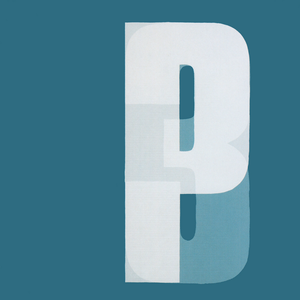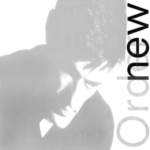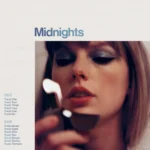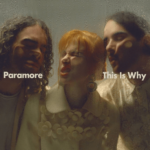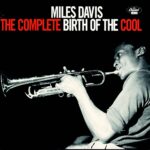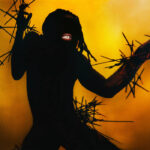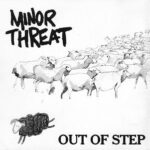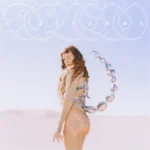 “Third,” released in 2008, is the long-awaited third studio album by British trip-hop pioneers Portishead. Following a hiatus of over a decade since their previous album, “Third” marked the return of the band with a bold and experimental offering that showcased their willingness to push the boundaries of their sound. The album is a haunting and introspective masterpiece that blends elements of trip-hop, experimental rock, and electronic music, creating a unique and immersive sonic experience.
“Third,” released in 2008, is the long-awaited third studio album by British trip-hop pioneers Portishead. Following a hiatus of over a decade since their previous album, “Third” marked the return of the band with a bold and experimental offering that showcased their willingness to push the boundaries of their sound. The album is a haunting and introspective masterpiece that blends elements of trip-hop, experimental rock, and electronic music, creating a unique and immersive sonic experience.
The album opens with “Silence,” an eerie and atmospheric track that immediately sets the tone for the rest of the album. Beth Gibbons’ haunting and emotive vocals, coupled with the sparse and industrial instrumentation, create a sense of desolation and unease.
Continuing with “Hunter,” Portishead delivers a more uptempo and intense track. The song’s distorted guitars and driving rhythm add a sense of urgency and tension to the album, showcasing the band’s ability to create dynamic and unpredictable soundscapes.
One of the standout tracks on the album is “The Rip.” With its melancholic and hypnotic sound, the song captures a sense of vulnerability and emotional depth. Beth Gibbons’ fragile and emotive vocal performance shines, making it one of the most captivating and memorable moments on “Third.”
As the album progresses, “We Carry On” and “Machine Gun” deliver more experimental and avant-garde moments that showcase Portishead’s willingness to venture into uncharted territory. These tracks feature unconventional arrangements and powerful vocal performances, adding further complexity to the album’s overall sound.
“Deep Water” and “Small” offer a more intimate and introspective side of “Third.” The former is a haunting and delicate ballad, while the latter features an intimate vocal performance by Beth Gibbons over a sparse piano arrangement. Both songs showcase the band’s ability to create intimate and emotionally resonant moments.
The album’s midpoint introduces “Threads,” a haunting and atmospheric track that serves as a centerpiece for the album. With its haunting melodies and haunting vocal delivery, the song captures the essence of “Third” and the emotional depth of Portishead’s music.
“Nylon Smile” and “Plastic” deliver more experimental and atmospheric moments on the album. These tracks feature haunting soundscapes and Beth Gibbons’ emotive vocal performances, creating a sense of unease and tension that perfectly complements the album’s overall mood.
The album’s penultimate track, “Magic Doors,” serves as a mesmerizing and hypnotic moment. With its pulsating rhythms and ethereal vocal delivery, the song further immerses the listener in the captivating world of “Third.”
The album closes with “Threads,” a haunting and hauntingly beautiful ballad that serves as a fitting conclusion to “Third.” Beth Gibbons’ vulnerable and emotive vocals, coupled with the atmospheric production, create a sense of closure and introspection, leaving a lasting impact on the listener.
In conclusion, “Third” is a haunting and mesmerizing album that showcases Portishead’s artistic evolution and their willingness to experiment with their sound. With its haunting soundscapes, emotive vocal performances, and experimental arrangements, the album is a powerful and captivating listening experience. “Third” remains a landmark record in Portishead’s discography, cementing their status as pioneers in the trip-hop genre and continuing to resonate with fans and music enthusiasts alike for its timeless and immersive approach to music.
This post has already been read 377 times!
